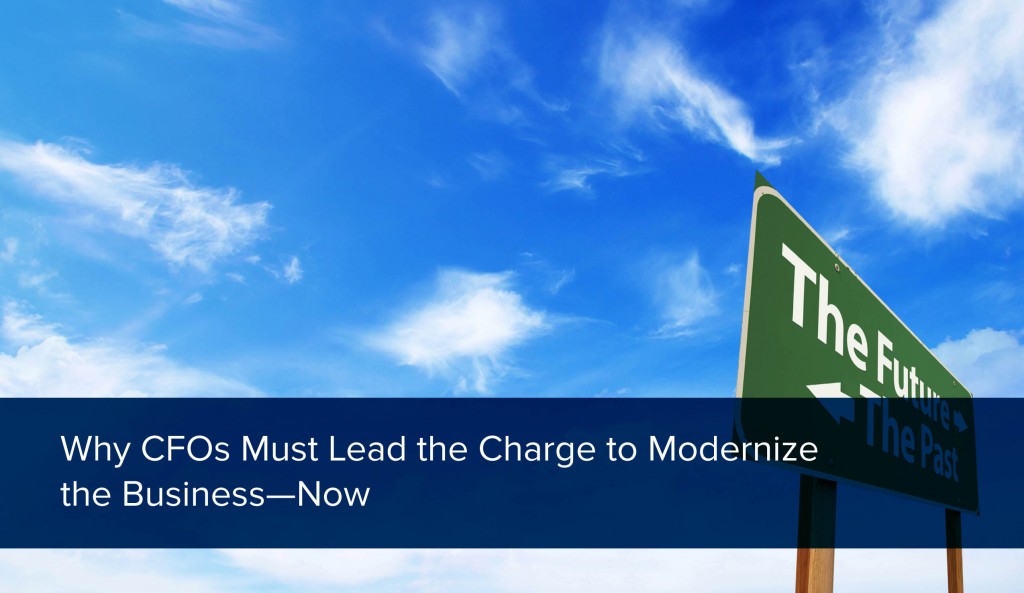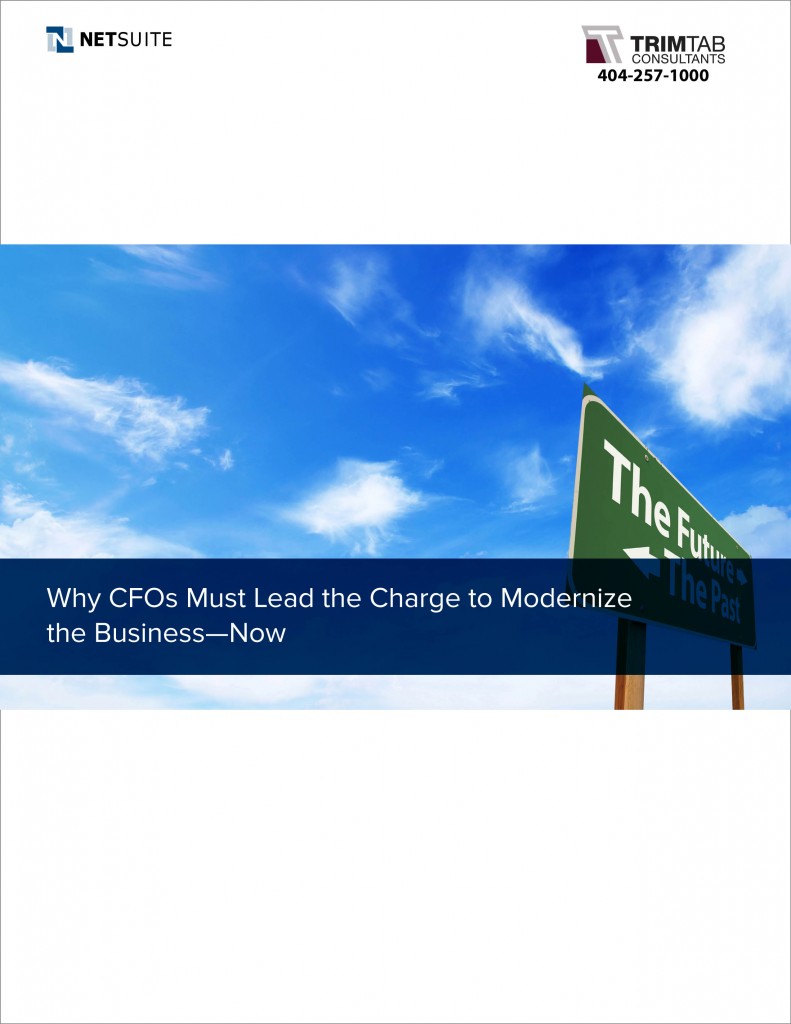Introduction:
Before It’s Too Late
In today’s cutthroat economic environment, where global business is transacted across multiple time zones on a punishing 24/7 basis, speed in decision-making is essential. Every second counts in assuring a company’s performance lines up with strategic intent. Such is the price of success.
Organizations that can capitalize on real time performance to make timely decisions on how to seize market opportunities or circumvent emerging risks are best positioned to win in their respective marketplaces. To be able to knowledgeably push forward with current plans or divert course quickly—companies must make decisions faster than the punishing pace of business.
Many organizations have modernized their enterprise IT systems to access the information they need to make insightful, bold decisions. Others continue to be bogged down by legacy systems impeding their growth. Consequently, these companies are moving at a snail’s pace while the velocity of the global economy is whirring.
Yesterday’s IT systems provide limited visibility into performance across the enterprise. They further fail to scale with global growth and are slow to respond to changing market dynamics. As a recent study by The Hackett Group stated, many companies with legacy technology are “flying blind”—not the best way to run a modern business.
Another factor delaying modernization is unfamiliarity among many boards of directors regarding the technology needed to operate a modern enterprise. Technology permeates nearly every part of the modern, fast-moving company. Technology trends like cloud computing, big data, mobility and social media have altered finance, manufacturing, HR, marketing, sales, supply chain management and other functions and operations. Yet, boards are generally ill equipped and reluctant to advise on technology-related matters, according to a survey of board directors by McKinsey & Company. The study indicates that more than half (52 percent) of boards have either a single technology-related discussion a year or none at all.
Obviously, someone must take charge of modernizing the organization, equipping it with technology that provides access to business information as it occurs. This individual is the Chief Financial Officer, to whom IT and many Chief Information Officers now report. This was the conclusion of a Gartner and Financial Executives Research Foundation report, which indicated that the CFO is “increasingly becoming the top technology investment decision maker in many organizations.”
To handle the responsibility, today’s CFOs are broadly skilled individuals cognizant of the business urgency for modern technology. Their purview extends well beyond the finance organization to all corners of the modern enterprise. In many organizations, they have been entrusted as the overseer of enterprise intelligence and corporate management performance. Finally, they have responsibility for resource allocation—knowing where best to invest capital to generate profitable business.
This research paper argues that it is up to the CFO to work with IT to modernize the business before it is too late. Enterprises need greater transparency into the streams of data illuminating imminent market opportunities and market risks. They need systems that scale in step with the organization’s organic and inorganic growth. They need technology assisting a more intimate customer relationship. And in this era of pronounced skills shortages, they want a platform helping employees collaborate towards a shared purpose. Doing nothing is not an option. As a recent Forrester Research report warns, “Firms that don’t modernize stagnate.”
Here are five powerful reasons why the CFO must lead the charge to modernize their organizations now—or risk being outrun by the competition.

